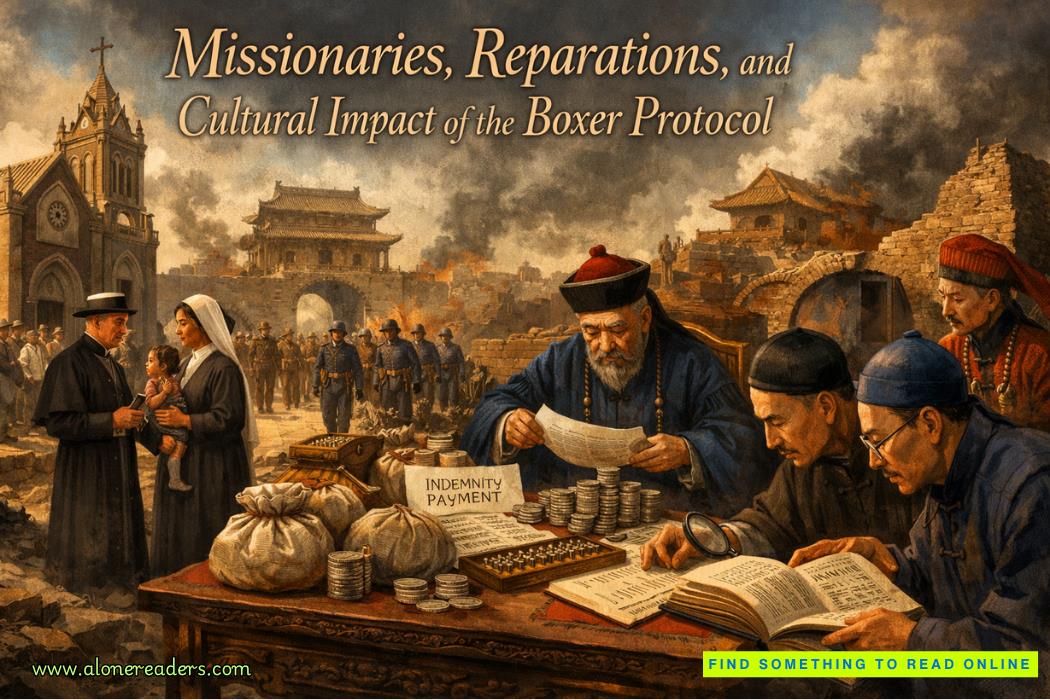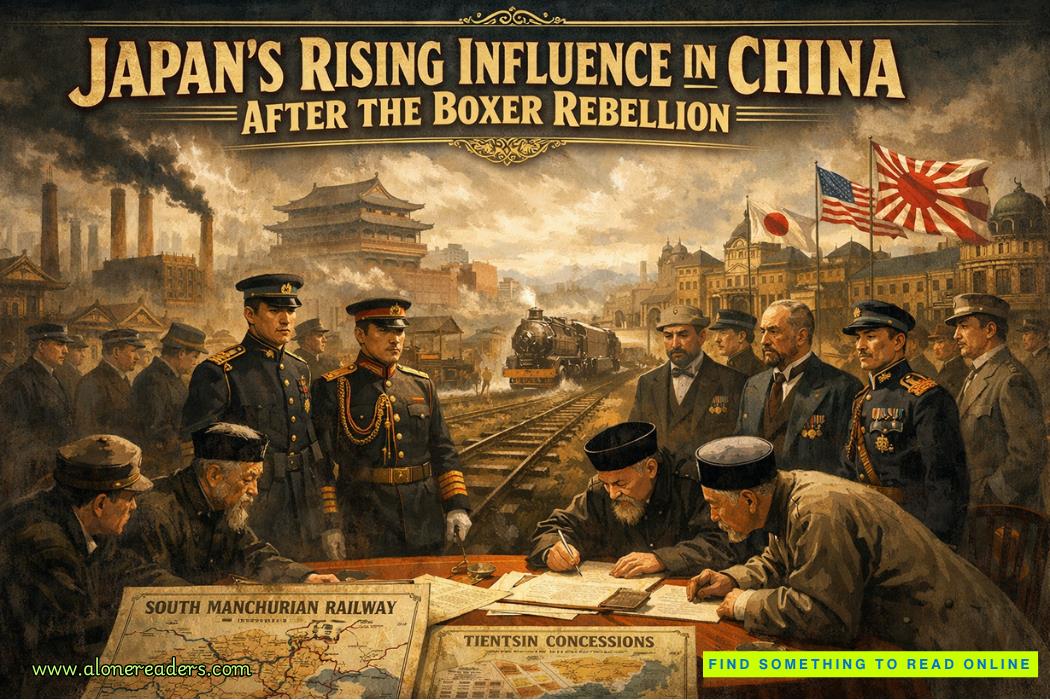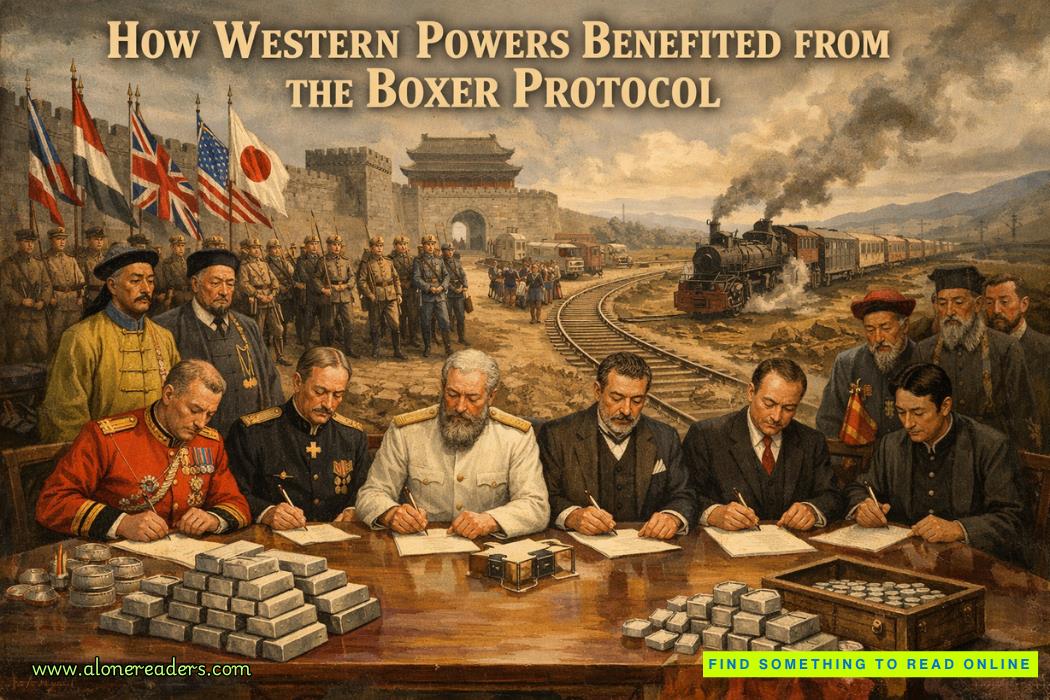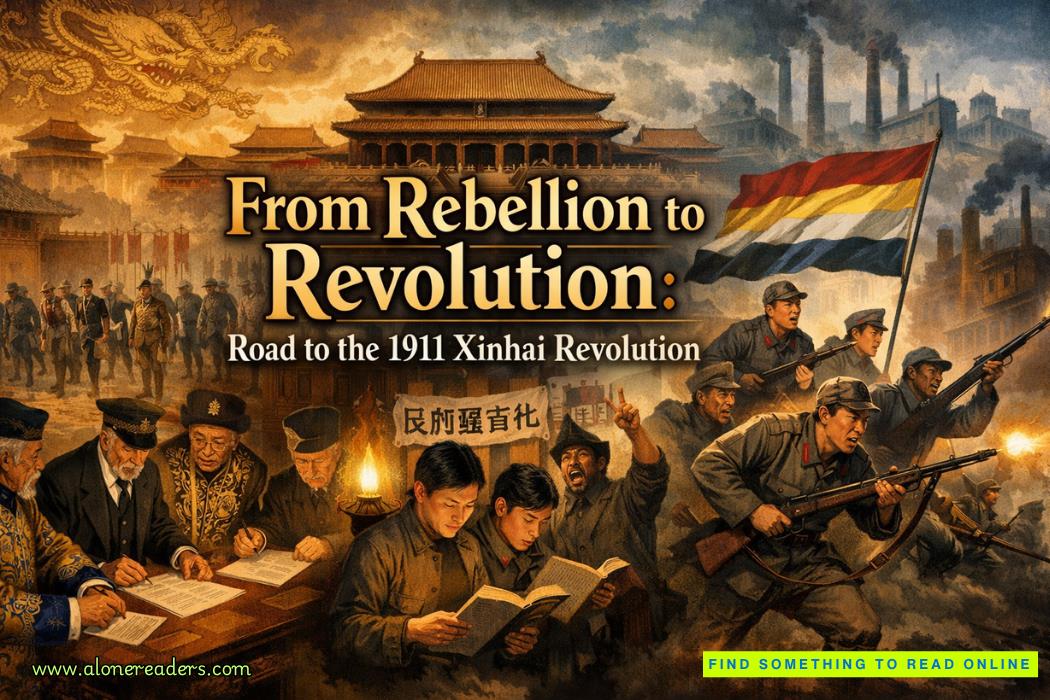“From all accounts, it appears the two of you married for love.” He paused for long minutes, causing his fellow captain, Arnaud, to raise an eyebrow.
“Out with it, man.” Arnaud encouraged him to finish his thought.
“I…I simply wondered how you knew.”
Lieutenant Bourne jumped in first. “I was pretty sure she had my babe in her belly, and her cousin, the duke, would kill me if I didn’t do the right thing.”
Arnaud’s answer was more measured. “That is not the way it happened, Bourne, and you know it. He loves that woman and her son, and now their babe, more than life itself. He begged and pleaded with her to marry him, but the lady had to be convinced.”
“Aye.” Bourne gave them a contrite look.
“And you, Arnaud?”
“I think I loved Sophie from the moment I tried to rescue her from kidnappers on the stoop of a milliner’s shop and she thanked me with a sharp jab of her hat pin.”
“Was it that simple?”
“No, of course not. I thought she didn’t deserve to be tied to a West Africa Squadron swab like me. She’d be alone for years at a time, and probably a widow before long. It took me a long time to realize I didn’t want anyone else to love her either, so I swallowed my pride and made her my wife.”
“And children?”
“Twin boys who drive her and my mother to distraction.”
“What am I going to do?” Chris hung his head.
“Do you love her?” Captain Bellingham gave Chris a long, hard look.
He ran a hand through his hair. “God help me, I’m so confused. I don’t know. And she barely acknowledges my existence. However, her father, the vicar, keeps trying to throw us together.” Chris put a hand to his forehead and shook his head slowly. “He wants me to take her safely back to England when we return to Spithead.”
Arnaud and Bourne exchanged knowing looks before clapping him on the back and pulling him along the quay to their waiting shore boat.
His fellow captain leaned close to his ear. “No need to rush things. When it’s right, you’ll know.”
Rachel listened carefullywhile Tenneh tried to explain her feelings for the young man she’d met the day before at the market. She’d walked with the stranger nearly to the edge of Freetown, where they’d encountered Mingo and Eli coming back from a day of fishing. The two boys had returned Tenneh to the market where Mrs Chelly was still negotiating to trade mission fruits and vegetables for items she needed.
“Why did you follow a young man you’d never met?”
The girl held her hands at her breastbone and lower, on her belly. “He makes me feel, um, so much, like here…and here. She clapped her hands harder over the offending spots.
Rachel took both of the girl’s hands and cupped them in her own. “You should be careful of people you don’t know at the market. Where was Mrs Chelly?”
“She went to look for yams and told me to stay with our baskets.”
A twinge of suspicion niggled at the back of Rachel’s mind. “There are too many people at the edges of Freetown who are still secretly involved in the slaving business, Tenneh. I don’t want to frighten you, but you must be careful to avoid meeting with strangers on your own.”
At the blank look on the girl’s face, she added “o dabo” in Yoruba. Tenneh did not answer her admonition to “take care,” but averted her gaze.
Tenneh had gained a healthy bit of weight since she’d come to stay at the vicarage. Her cheeks were more rounded, and she had the glow of a happy young woman. Curved flesh had replaced the emaciated calves of her legs as well as other parts of her body. Tenneh was growing into a beautiful young woman who no longer resembled the nearly starved little girl who had come to them from one of the Navy ships months before. Rachel worried about the attention she might attract at the market if left unattended. She wished she could make Tenneh see the folly of talking freely with a young stranger.
But then Rachel was reminded of the advice her adoptive mother had given her once when she’d chafed against the unfairness of some of the more disappointing outcomes of their work. She could still remember the sting of the day when one of her best students had left the mission school to work with slavers.
Her mother had counseled, “We have to meet these people where they are and try to give them what they need. But we have to respect what they believe they need. We can’t force our view of life onto another person, we can only be available to listen when they come to us for guidance and help.”
Chris stareddown the farmer who had just made another outrageous counteroffer to sell them several head of cattle to keep in pens aboard theThistlefor butchering in the coming months. His purser, Mr. Smythe, had come back to the ship in a huff after trying to deal with the man who kept circling back to his original, high price, every time Smythe thought they had a deal. He was so frustrated with the man’s shenanigans, he refused to negotiate any longer unless Chris joined him.
Chris sucked in a deep breath and made his final play. Leaning forward so that less than a foot remained between their faces, he warned, “This my last offer. Take it or leave it. I will find another farmer up north toward Rio Pongas.” When the man opened his mouth as if to protest, Chris added, “And I’ll tell all the other captains in the squadron you do not bargain in good faith.” He opened his hands then in the universal sign that he was done with the matter. Chris’s mouth dropped open in disbelief when the farmer made as if to argue, but then abruptly agreed to the last price negotiated.
When in port, all of his sailing skills meant nothing. Sometimes he felt as if he were a mere a quartermaster, managing a small city with a heart of oak that plied the waves.















